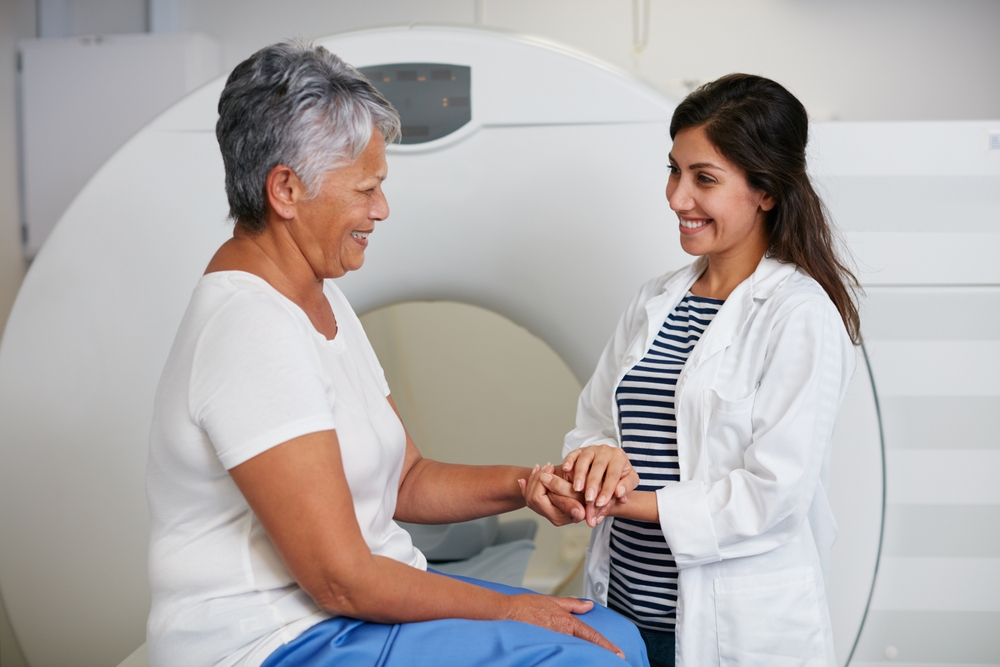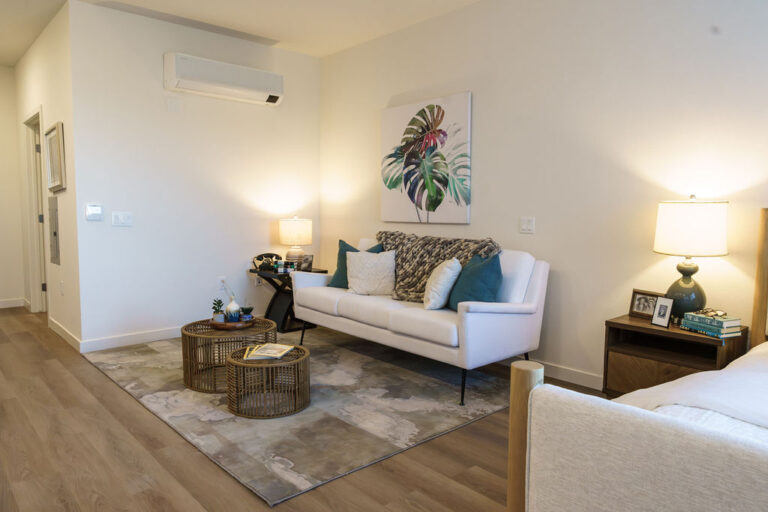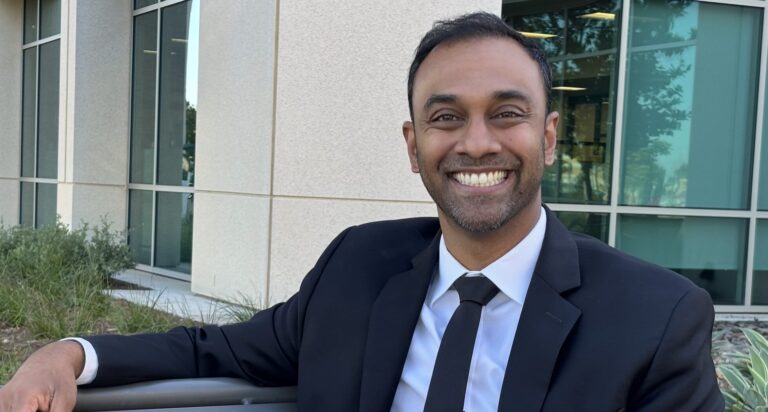By Beatriz Palmer
“Cuídate, mijita”—a quiet but powerful mantra passed down like a baton from one generation to the next.
As women, we navigate a world full of responsibilities, unrealistic expectations, and never-ending sacrifices. While the pages of social media paint a perfectly laid-out story, our bodies and spirits often whisper another—one of exhaustion and the deep need for self-care. We pour into everyone else’s cup until it overflows, leaving ourselves with just a few drops to get by.
Our abuelitas and tías knew this well. Even through backbreaking work, they paused to brew a warm cup of yerba buena (mint tea), whispered quiet prayers, or rested their aching feet with homemade ungüento (salves). These weren’t luxuries—they were sacred acts of self-preservation. They remind us that healing can be found in small, intentional moments: the silence, the prayer, the laughter with a comadre, or the scent of a plantita reminding us to breathe.
Here are some health and wellness resources:
- TrueCare’s Wome’s Health site: https://truecare.org/wellness-services/womens-health/
- https://truecare.org/wellness-services/
- Call or text (760) 736-6767 to schedule your well-woman exam today.
- NAMI San Diego: https://namisandiego.org/
- Helpline: (619) 543-1434, M-F, 9 am–5pm
- Warmline: (619) 295-1055, 7 days/week, 3:30pm-11pm (except major holidays)
- LiveWell North San Diego: Health and Wellness Resources: https://www.livewellsd.org/i-want-to/find-resources/live-well-home

Marianismo, rooted in Catholicism and the love the Virgin Mary had for her son Jesus, has shaped our cultural values of being women. But while it was born out of devotion, it taught us to put others first—often at the cost of our own well-being. Self-care doesn’t need to choose sides. There’s wisdom in the duality: the silencio and the therapist, the curandera and the doctor, the remedio casero (holistic medicine) and the mammogram. We can navigate many ways of knowing and being in our womanhood.
Enter María Sabina, the sabia, the ancestral wise woman, the curandera of the Sierra Mazateca. She didn’t read from books—she read the wind. She listened to the medicinal plantitas and channeled healing through ancient chants and deep Divine knowing. Her voice wasn’t loud, yet it carried across worlds and times—soft but unshakable. Her wisdom is still relevant today.
There’s a whole world of ways to come home to ourselves. It might look like walking by the ocean, letting the sounds of the crashing waves remind you of your own poder de la mujer divina (power of the divine woman). Or it might be in the small, everyday things, like making yourself a cup of manzanilla (chamomile) tea or enjoying a hot shower or bath or a moment of stillness in your car before you cross that divide of the outside work and your home. Maybe it’s the joy of chopping fresh fruta (fresh fruit) picked up at your local farmers market, then enjoyed with chamoy and Tajín, or feeling the soil between your fingers as you water your plantitas. Maybe it’s as simple as receiving a compliment without brushing it away, because flowers are meant to be received with joy.
Self-care also means scheduling that appointment. The science and the sacred both matter—so make the call. Book the cita. The quiet, unglamorous acts are care, too.

Too many of us still delay our care:
- Black women face a 40% higher breast cancer mortality rate, while Latinas are more often diagnosed at later stages.
- Over 52% of Black and Latina women avoid colorectal cancer screenings, leading to late diagnoses.
- Only 55% of Latinas and Black women had a dental visit last year.
- Black and Latina women experience much higher rates of depression and anxiety, yet access care at much lower rates.
Just the other day, my nearly 70-year-old mother gently reminded me, the cincuentona, “Cuídate, hija. Que tú también mereces quererte.” —Take care of yourself, my little one. You deserve to love yourself, too.
She’s right. Self-care starts with self-love. We must pour into others not from exhaustion, but from joy and overflow.
This is for the eldest daughters. The first-generation college students and professionals navigating spaces no one prepared them for. The ones carrying grief, change, and everything in between. The women working full days only to return home to more labor then lay their heads down at night—exhausted and lonely. The ones who wear “resilient” like a badge, smiling through pain, showing up for everyone else.
Cuídate, Mijita—make that appointment. Schedule your doctor visit, your Pap smear, colonoscopy, and mammogram. Bring an amiguita (friend) or go solo. Call the dentista. Put your earbuds in and let Natalia Lafourcade or Los Ángeles Azules carry you through the sound of the drill. If you don’t have insurance, I know a place ready to welcome you with open arms.
Call TrueCare. They offer medical, dental, mental health, chiropractic, and acupuncture services—affordable or on a sliding scale. No one is turned away.
Heartfelt Testimonies by Community Leaders
A collective offering of self-care wisdom from women who lead with intention, corazón, and lived experience.
- “Self-care starts with knowing what I am in need of, a little quite time, being still then I get to work.”
- “My husband helps me name what I need and encourages me to prioritize myself.”
- “Planning things to look forward to reminds me there is light at the end of the tunnel.”
- “Numbing out on my phone or doing more work is not self-care.”
—Michelle Gonzalez, CEO of TrueCare
- “Making sure I’m okay so I can help others be okay.”
- “After 10 years of therapy, I now meditate to maintain balance, because a healthy spirit encompasses a healthy mind AND a healthy body.”
—Melanie Slone, editor/writer of North County Informador
- “Take long walks preferably near the ocean.”
- “Spend time in particular with the comadres.”
- “Self-care is also holistic health care. I see a holistic doctor for acupuncture, massage and cupping.”
—María Figueroa, university professor
- “Spending time with my family.”
- “Taking care of my skin because it makes me feel more confident.”
—Jasmine Grace Major, middle school student
- “Spending time alone and tending to my garden…the most healing parts of my week—touching the soil, watching them grow—feels ancestral to me.”
- “Antiquing and curating vintage finds is a form of self-expression… It’s a way of honoring stories, culture, and craftsmanship while creating a cozy, beautiful home that is my sanctuary.”
—Consuelo Martinez, owner and curator of Hidden Finds
- “Attending concerts to build community connections. Music touches the soul—it’s beautiful to witness. It’s a time where me and my honey don’t have to lead anything—we just feel the music nourishing our souls.”
- “Having chai and time with my chingona amigas..empowering one another to do the good work, creating a safe space for uninhibited freedom of expression–we are not alone.”
—Barbara Garcia, Vista community leader
- “I’ve learned that self-care isn’t optional—it’s how we stay grounded in order to keep going.”
- “Moving my body—through yoga, dancing, or simply stepping outside—connects me to the earth.”
- “Touching the ground reminds me to be present, observing the beauty of life and breathe.”
- “Joy and rest are forms of resistance. Rest isn’t just recovery—it’s a way to reclaim our time, protect our spirit, and remind ourselves we are worthy of care.”
—Liz Ramirez, CEO of Chicano Federation
- “I turn to Mother Nature as a mentor in resilience. She constantly teaches me how to slow down and to honor growth as a journey of patience. This happens when I put my hands in the soil and grow my own food in the backyard. When I watch the determination of a seed slowly turn into a sprout, a flower, a pollinator for the bees and then birth the sweetest of cherry tomatoes. I can’t help but be filled with so much gratitude to be alive– to witness these little miracles with awe and wonder.
—Karla Cordero, professor, international author, and spoken word writer



